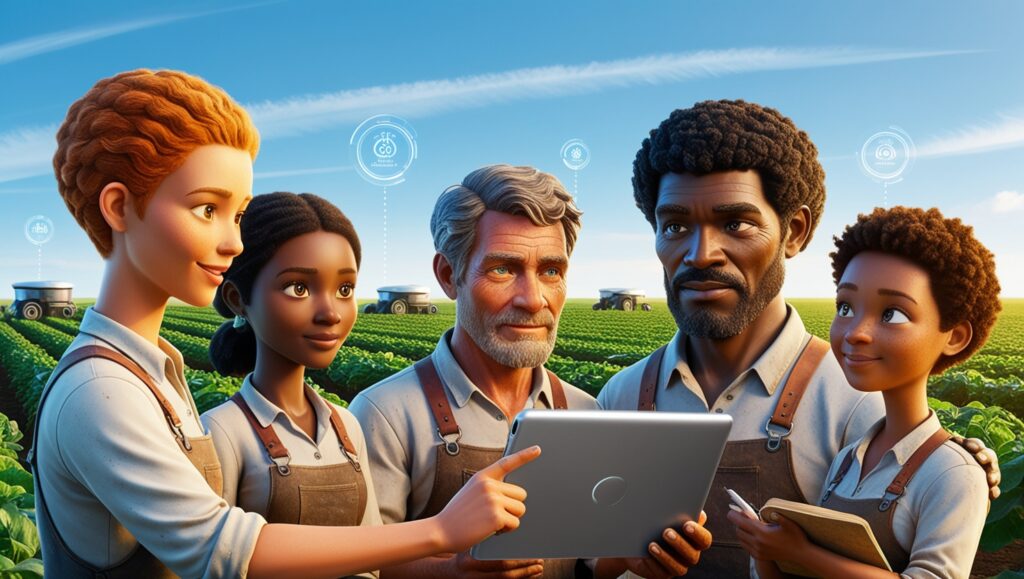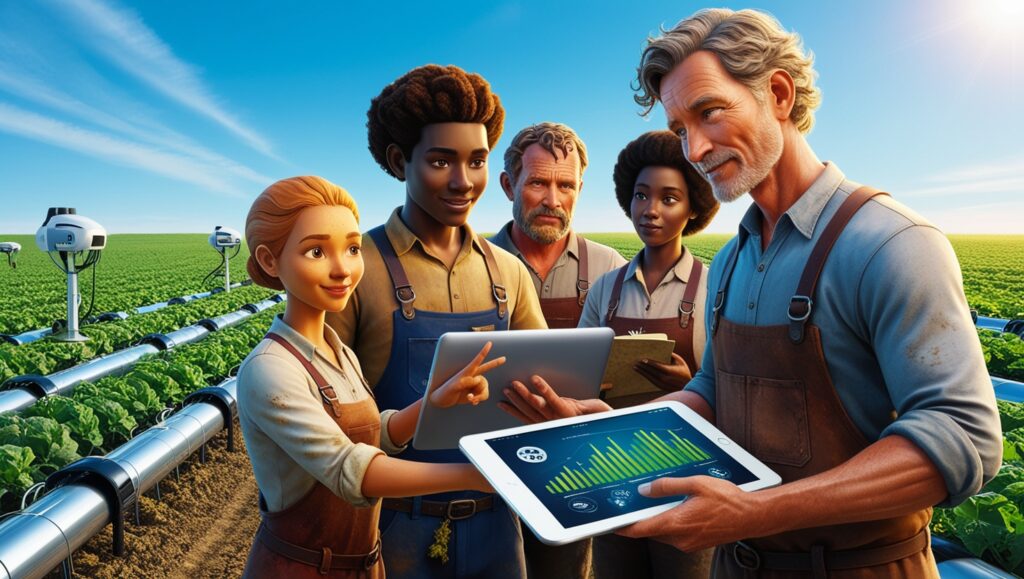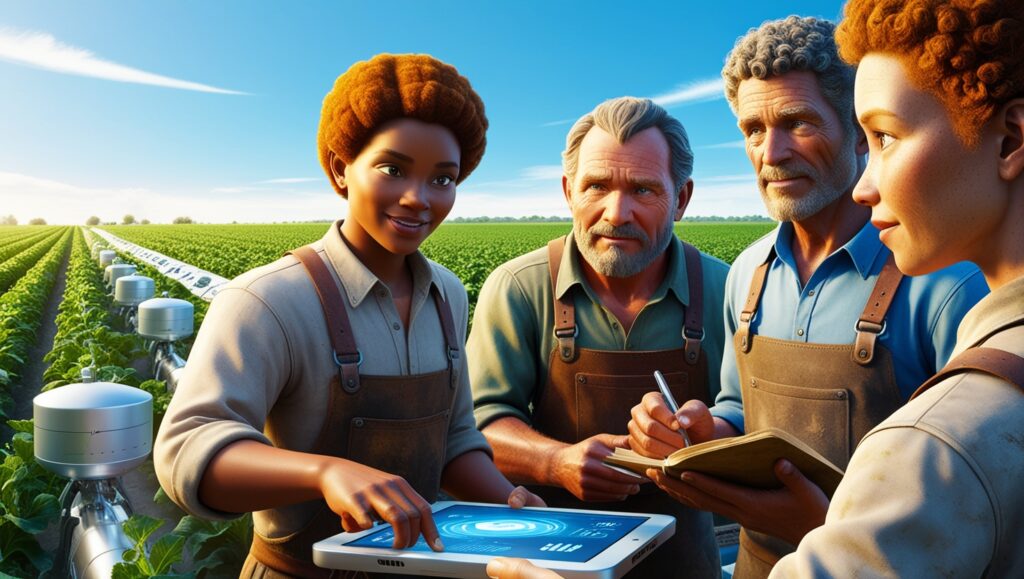Embracing Precision Farming: How Technology is Revolutionizing Crop Production

In recent years, agriculture has undergone a significant transformation, driven by the rise of precision farming. This innovative approach leverages advanced technologies to optimize crop production, reduce waste, and make farming more sustainable.
What is Precision Farming?
Precision farming, also known as precision agriculture, is a modern farming practice that uses technology to monitor and manage field variability. By analyzing data from satellite imagery, drones, soil sensors, and GPS-guided machinery, farmers can make informed decisions about planting, irrigation, fertilization, and pest control.

Key Technologies in Precision Farming
- GPS and Mapping Tools
GPS technology enables farmers to create detailed maps of their fields, pinpointing areas that require specific attention. This ensures resources like water, fertilizers, and pesticides are used efficiently. - Drones and Remote Sensing
Drones equipped with cameras and sensors provide aerial views of fields, helping farmers monitor crop health, identify pest infestations, and detect water stress. - IoT Sensors
Internet of Things (IoT) devices installed in fields collect real-time data on soil moisture, temperature, and nutrient levels. This data allows for precise irrigation and fertilization, saving water and reducing costs. - Artificial Intelligence and Machine Learning
AI-powered tools analyze vast amounts of data to predict crop yields, identify diseases, and recommend optimal planting schedules. - Autonomous Machinery
Self-driving tractors and robotic harvesters are revolutionizing labor-intensive tasks, enhancing productivity while minimizing human error.
Benefits of Precision Farming
- Increased Efficiency: By applying resources only where needed, farmers can maximize yields and reduce waste.
- Cost Savings: Targeted application of inputs like water and fertilizers lowers overall costs.
- Environmental Sustainability: Precision farming minimizes the environmental impact of agriculture by reducing chemical runoff and conserving natural resources.
- Improved Crop Health: Early detection of diseases and pests leads to timely interventions and healthier crops.

Challenges and the Future
Despite its benefits, precision farming faces challenges such as high initial costs, lack of technical expertise, and limited access to technology in developing regions. However, as technology becomes more affordable and accessible, precision farming is poised to play a crucial role in feeding a growing global population while protecting the planet.
By embracing these cutting-edge technologies, farmers worldwide are not only increasing their productivity but also paving the way for a more sustainable agricultural future.






